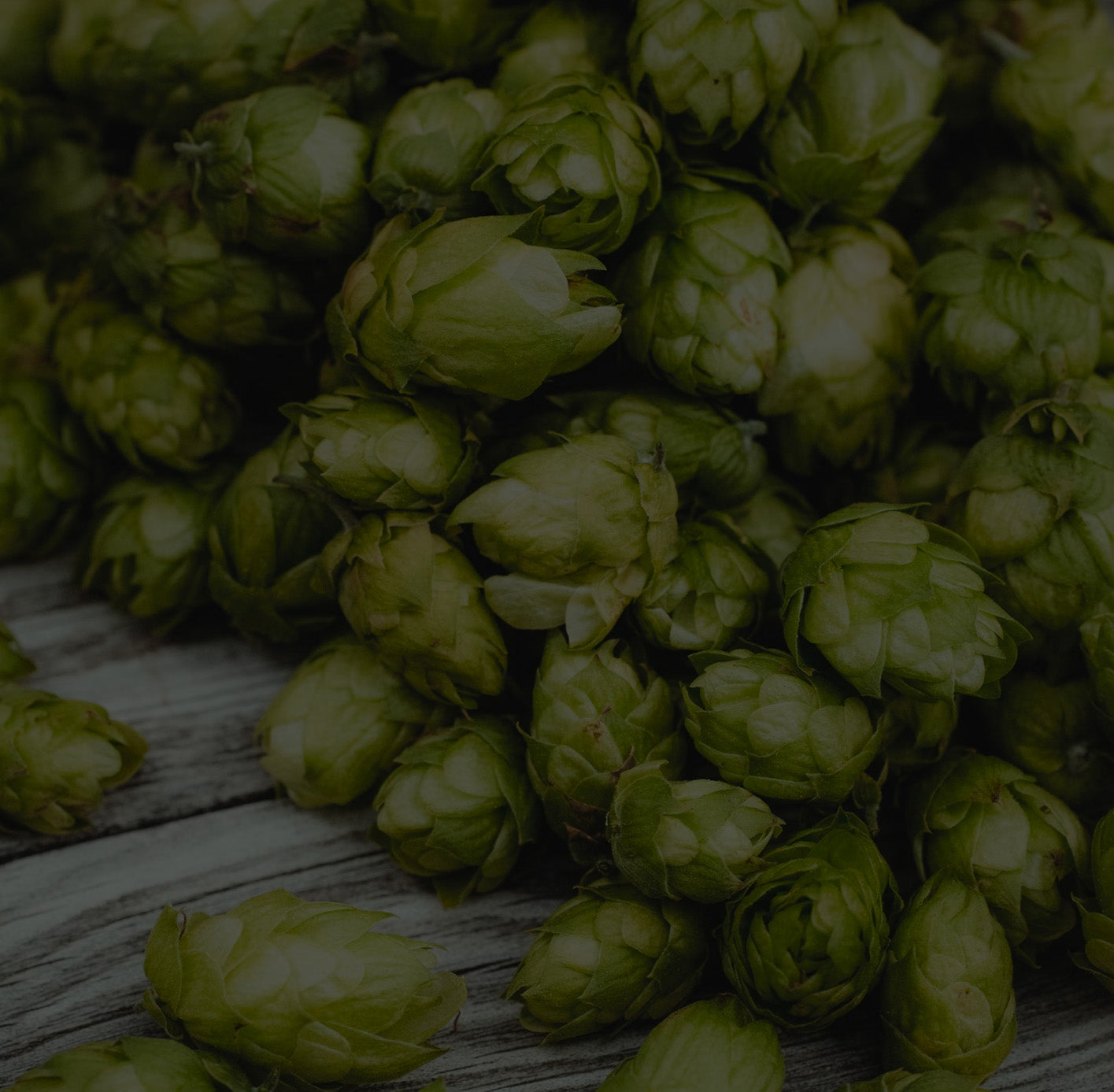
We're in the process of making a 6.5 gallon keg that's perfect for pressure fermenting. In order to test our prototype product out, we decided that brewing a crisp light lager would be the perfect recipe.
If you haven’t heard of pressure fermentation, right here is a great place to start. You can learn about what it is and how it works in our video below. In short, your beer will ferment faster, cleaner, and it’ll even save you money!
This recipe is tailored for our 10 gallon 120 volt brewing system. We used a prototype version of our 6.5 gallon keg fermenter in order to ferment the beer. Watch us use both of these things in the video below.
Full Brew Day Video
Benchmarks

- OG: 1.037
- FG: 1.009
- ABV: 3.6%
Ingredients Needed
Grains
- 7.5 lbs German Pilsner
Hops
- 3 oz - Sabro Hops
Yeast
- 1 pack Saflager yeast S 1/89
Brew Day Instructions
Water

Fill your kettle with 7.18 gallons (27.17 Liters) of water. Add half of a Campden tablet to remove chlorine.
Mash

Crush your grain. Heat your water to 150 F (65.5 C) and mash for 60 minutes.
Hops
Once your mash is done, pull your grains, hook them above your kettle, and let them drain for about 10 minutes. While you’re waiting, set your controller to 100% of power in order to start a boil. This recipe calls for a 60 minute boil.
Hop Schedule:
- 15 min addition | 1 oz Sabro hops
- Whirlpool at 160F for 15 minutes | 2 oz Sabro hops
Yeast & Fermentation
This is where things get a little different. Once your boil is finished, chill your wort down to room temperature and transfer to the pressurized keg for the fermentation process.
To build a pressurized fermenter you will need a keg, ball lock fittings with clamps, gas line, a spunding valve, and a digital pressure gauge.
Clawhammer Supply is supported by its audience. When you purchase through links on our site, we may earn an affiliate commission.

Add 1 pack of Saflager S1/89 yeast and secure the lid, then attach the pressure gauge and set it to 10-15 PSI.
Wait 2-3 days (or until the FG reads 1.009).

We went ahead and added some Superclear, a two part clearing agent. Add the first part to the keg and wait one hour (be sure to re-apply pressure during this time). You'll want to mix the second part with an ounce of warm water (we recommend boiling it first to kill off any potential bacteria), then pour it directly into the keg.
Let it sit for 24-48 hours. We recommend cold crashing if you're able to do so. Then you're good to go!
Tasting

Right out of the gate, the first pour confirmed why the pressure keg is worth it. The beer is crystal clear. Despite the incredibly quick fermentation period, the beer turned out perfect. It’s the definition of an easy drinker - light, crisp, clean, and just all-around-great.

While you can absolutely brew this one without the pressure keg, we highly recommend checking this one out and adding it your home-brewing arsenal. This thing was done in three days and it’s better than ever. Give this one a try and let us know what you think!
Be sure to check out our video for more information on pressure fermentation. We cover what it is, how it works, and what you need to get started!







Leave a comment